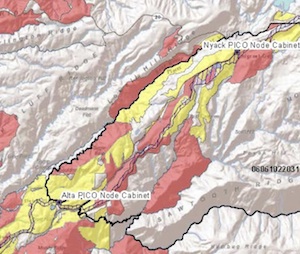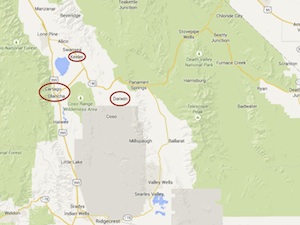Verizon won't sell all in California, appears to be clinging to juciest bits of its wireline networks
![By English: Lance Cpl. Jeremy T. Ross [Public domain], via Wikimedia Commons](https://www.tellusventure.com/images/2015/6/hand_hold.jpg)
Clinging to California.
Competitive local exchange carriers (CLECs) are companies that lease wholesale facilities from incumbents – typically lines from a central office to subscriber locations – and add their own elements, often backhaul, upgraded DSL equipment and voice services. That means that the quality and price of the service CLECs provide partly depends on the condition of incumbent networks.
The lobbying group that represents CLECs in Sacramento – CalTel – is happy to see Verizon sell its wireline networks to Frontier Communications…
… MoreCalTel considers Verizon California to be an often uncooperative and indifferent-at- best wholesale supplier.


![By Ellin Beltz (Own work) [Public domain], via Wikimedia Commons](https://www.tellusventure.com/images/2015/6/garberville_marquee.jpg)


![By Cpl Jody Lee Smith [Public domain], via Wikimedia Commons](https://www.tellusventure.com/images/2015/5/out_of_bounds.jpg)


